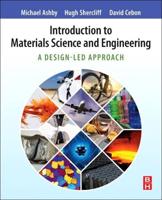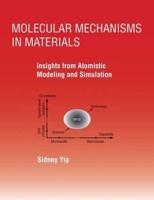Publisher's Synopsis
Over the past two years, combinatorial and artificial intelligence methods in materials science have become more accepted as a means to synthesize, test, characterize, and predict promising candidate materials. These methods open up the exploration of multidimensional chemical composition and process parameter space at a previously unavailable level of detail and can rapidly optimize molecular properties and process conditions that are difficult to predict using existing knowledge. Scientists from academic, industrial and governmental laboratories worldwide come together here with interdisciplinary presentations that: identify gaps in cross-discipline knowledge that hinder further research; outline emerging development areas; and stimulate nontraditional solutions to difficult multidisciplinary problems in high-throughput materials research. Topics include: combinatorial approaches to electronics materials, polymers and coatings, and nanomaterials and catalysts; instrumentation and methods for high-throughput analysis; and library design, data management and informatics. In particular, the book demonstrates that combinatorial methods have matured in catalyst research. Several remarkable scale-up reports are presented signifying the power of this new scientific methodology.











